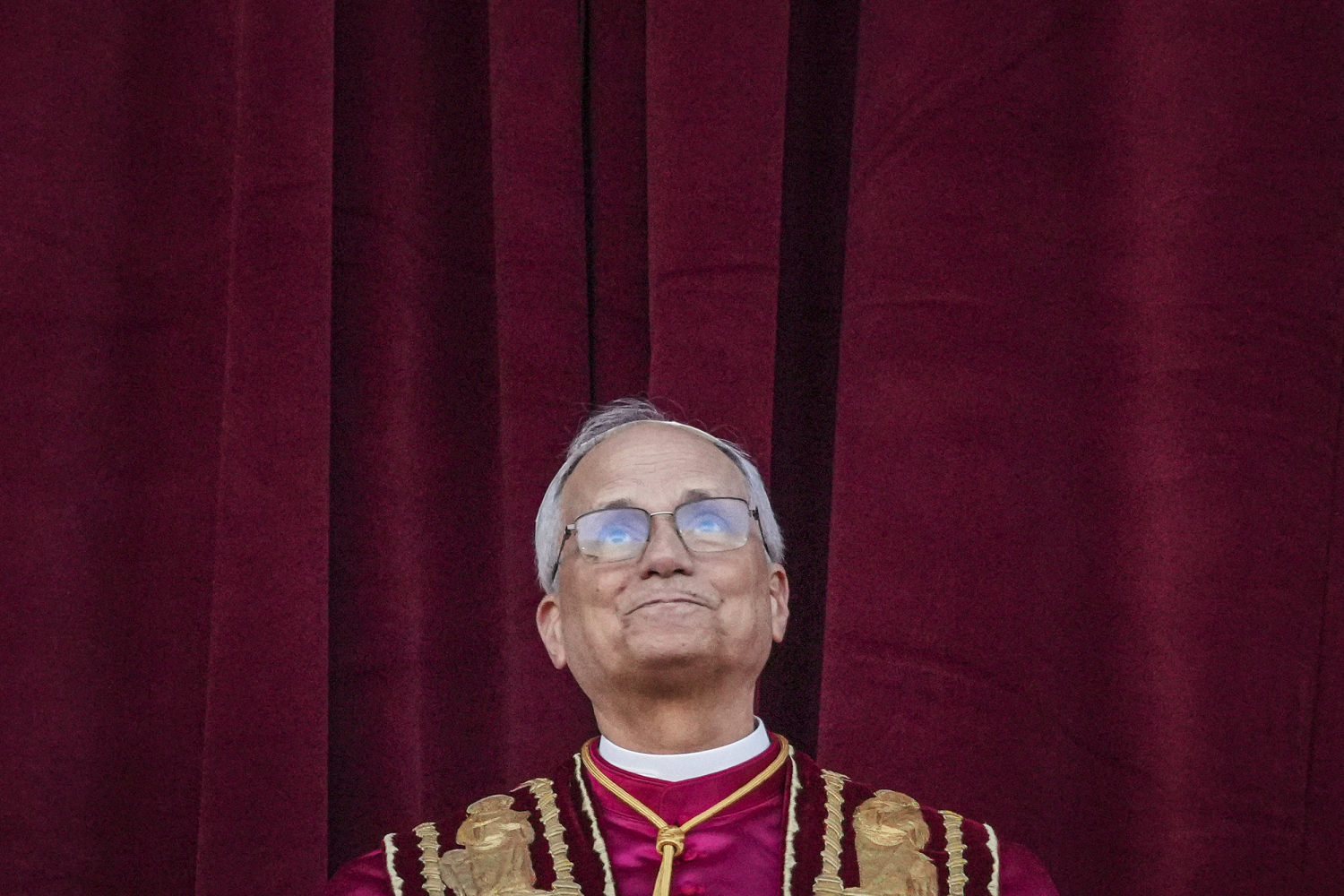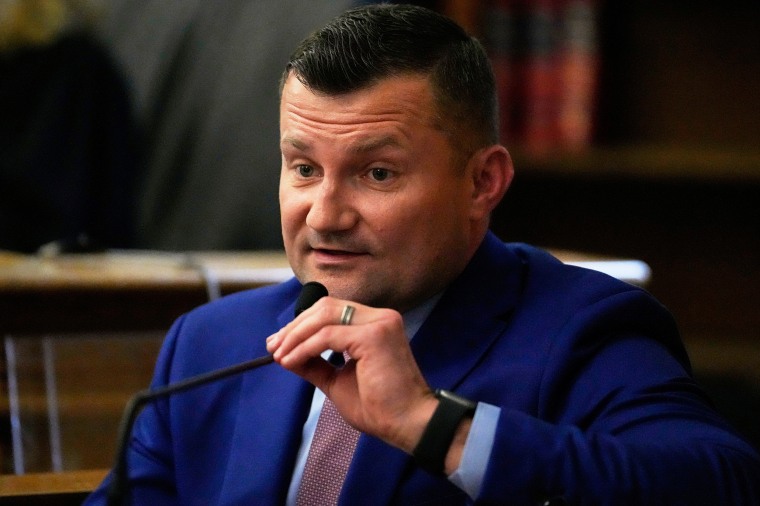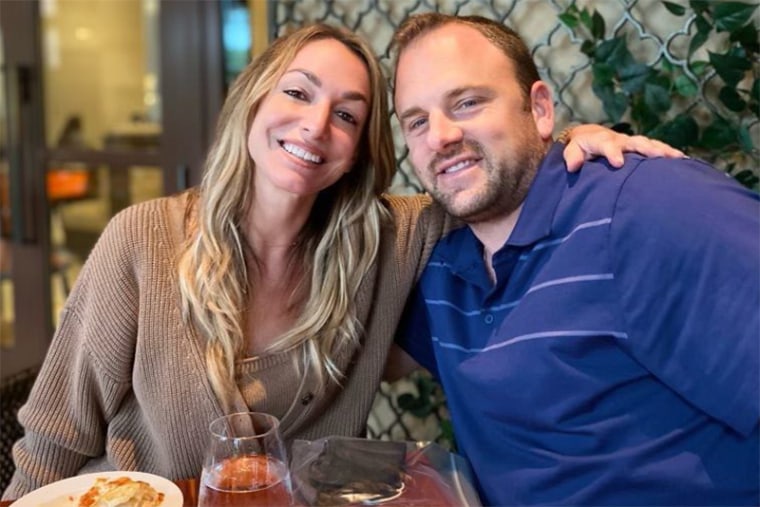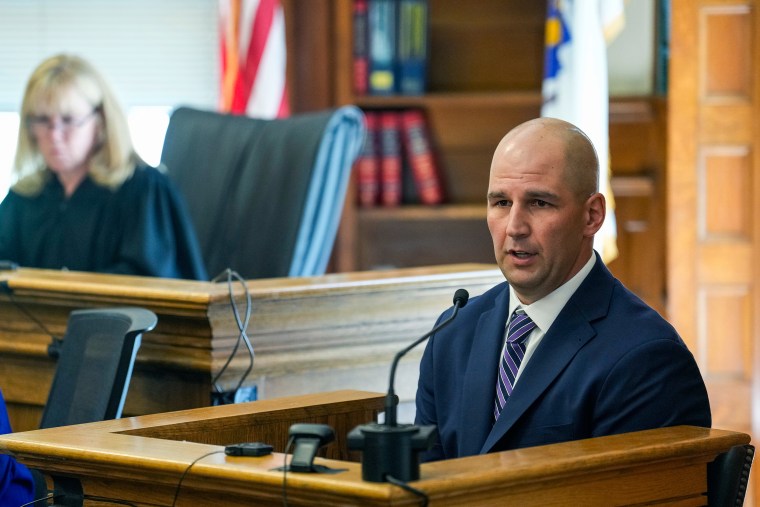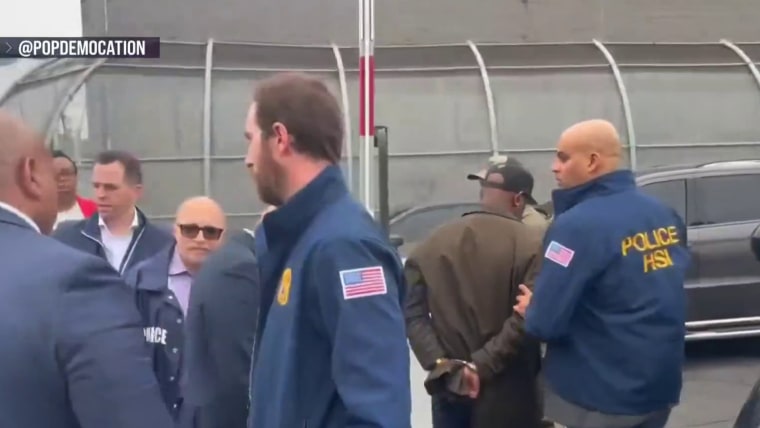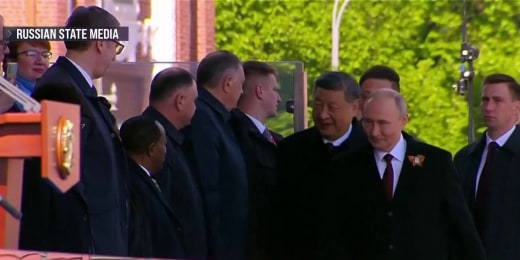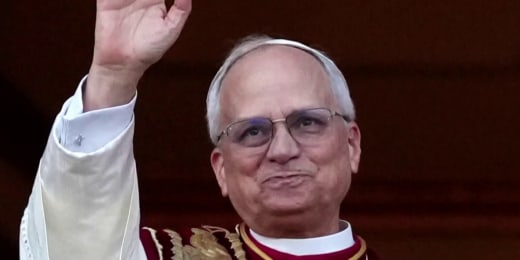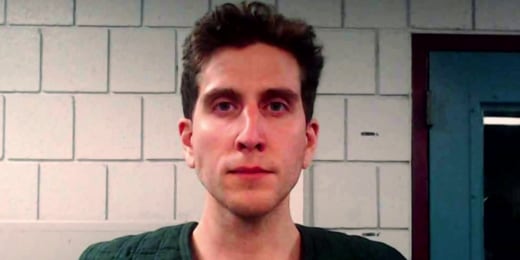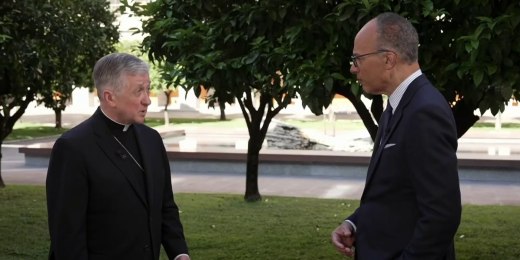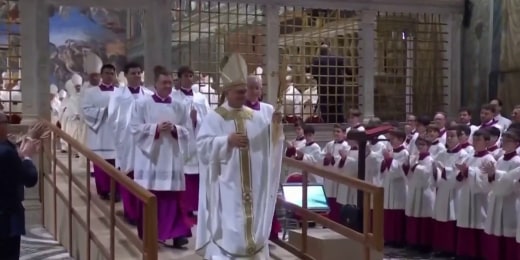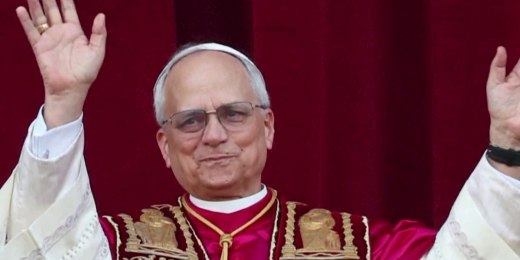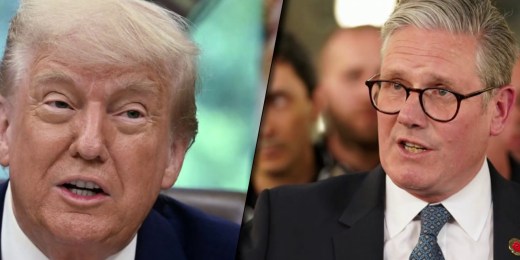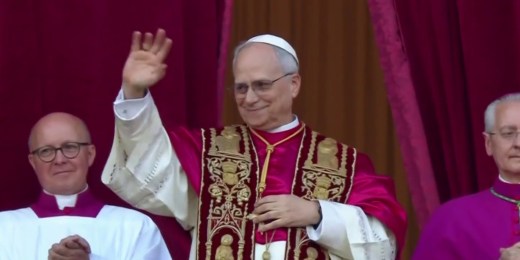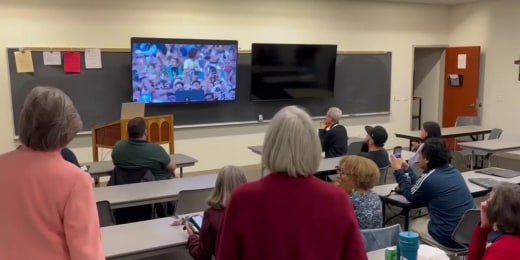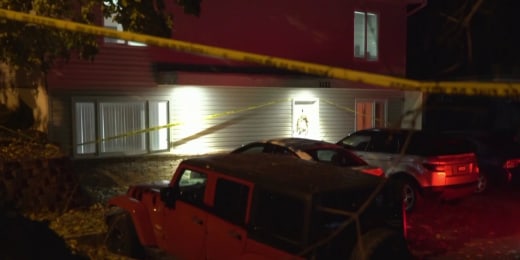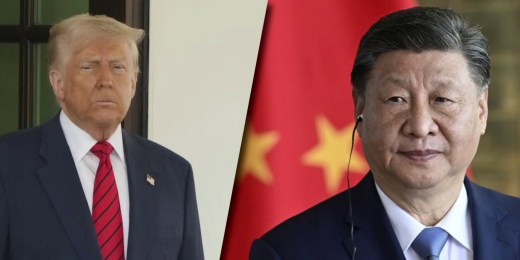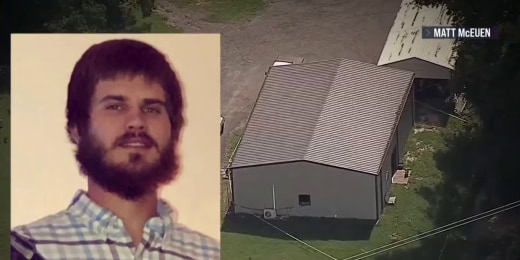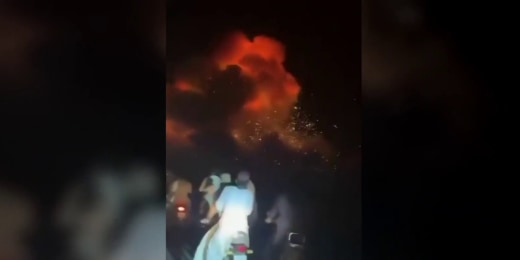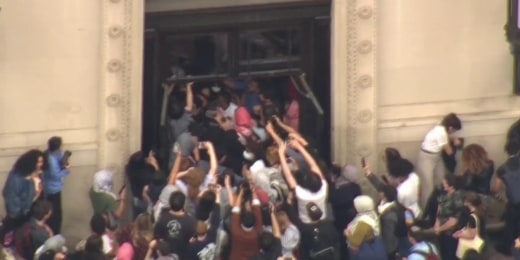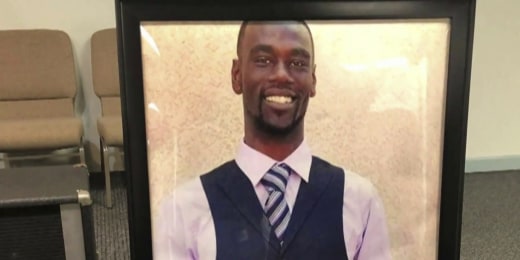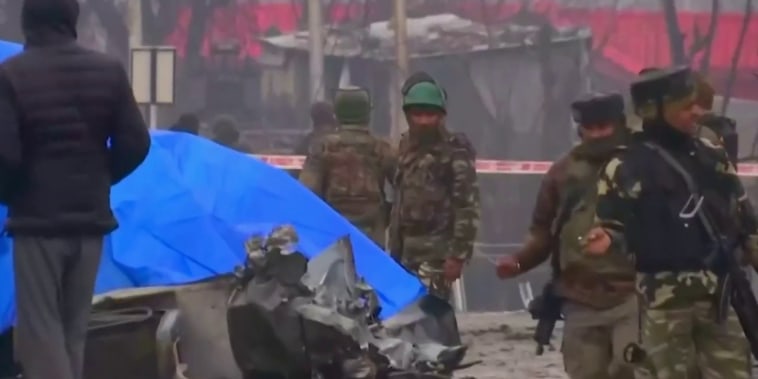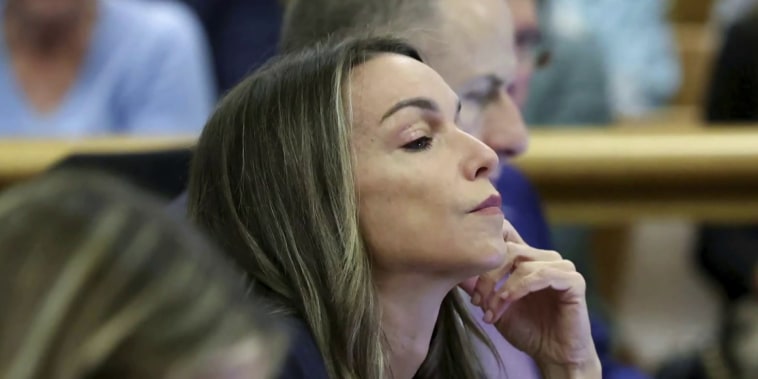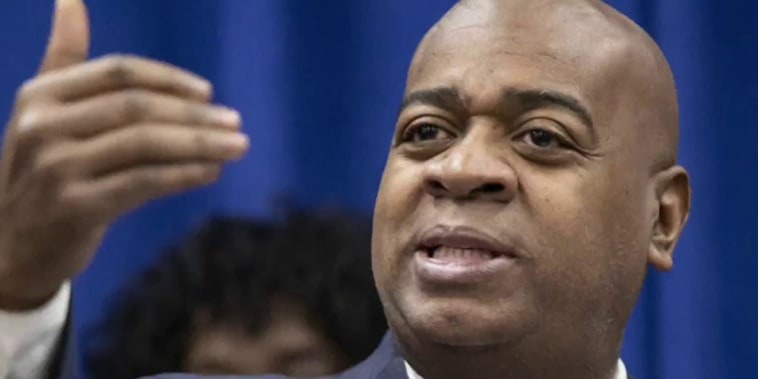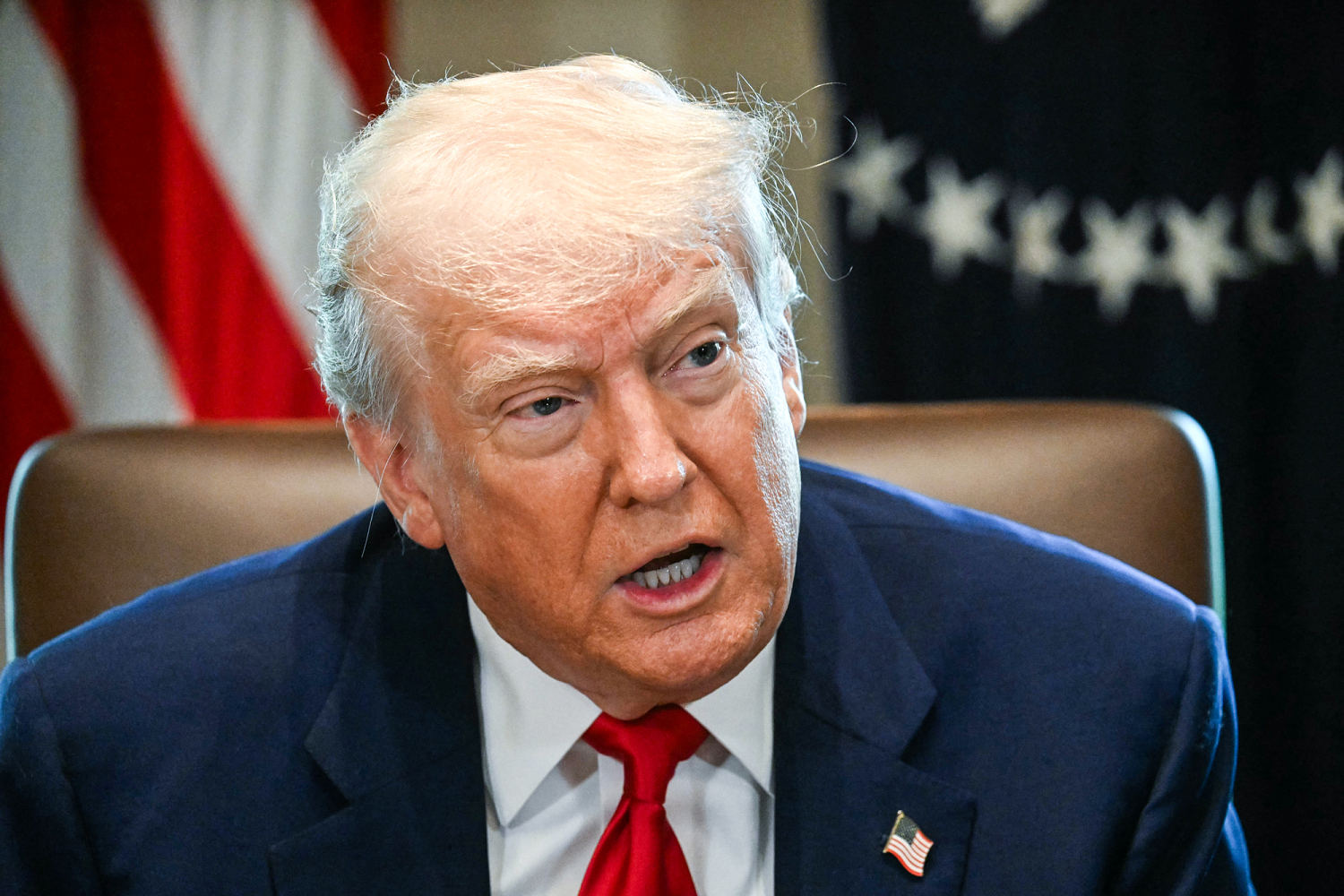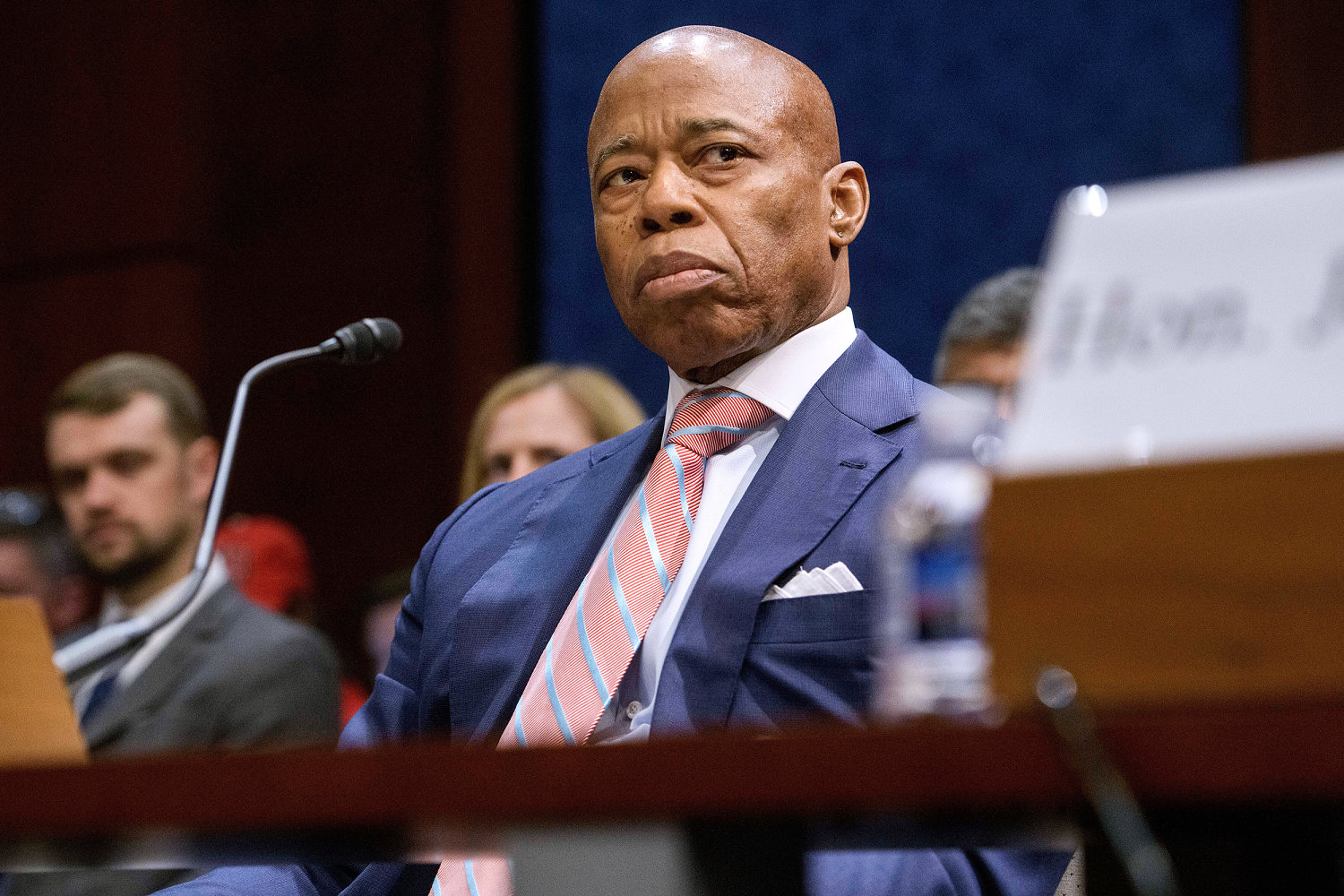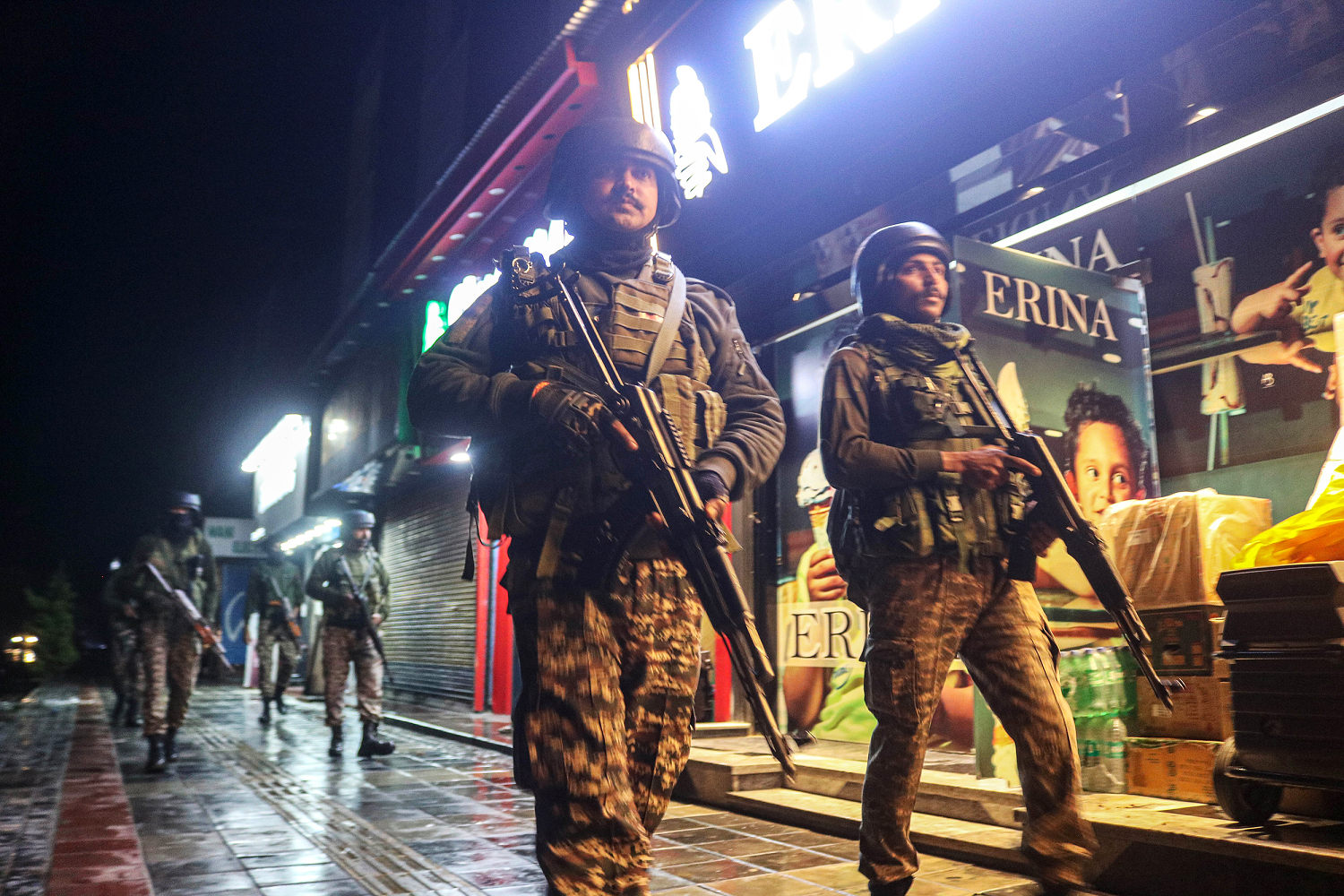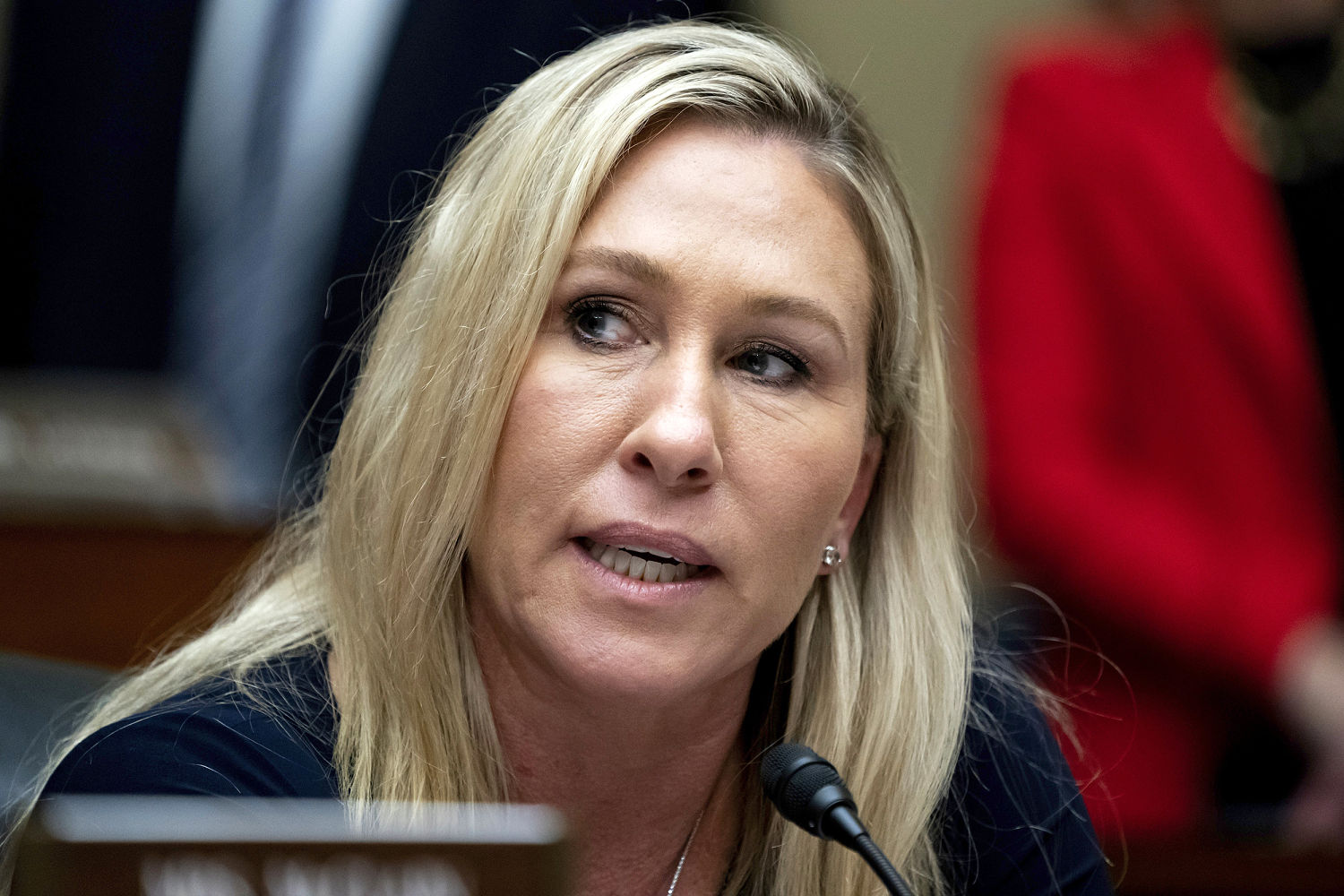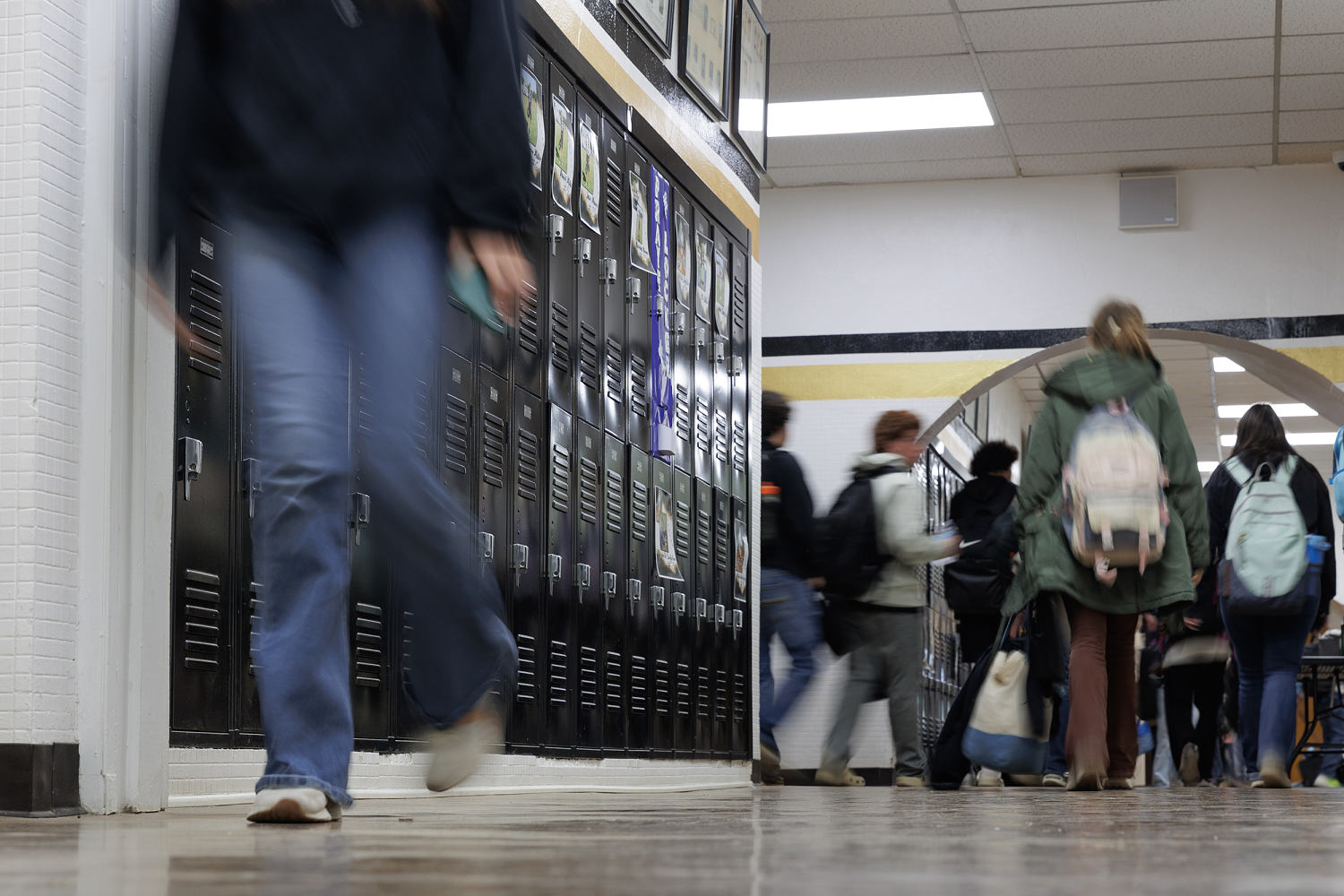
A growing number of red states have expanded their school voucher programs in recent years, a trend that is likely to only spike further amid a push led by President Donald Trump’s administration to return education “back to the states.”
Conservative education activists have long lauded such programs as a way to give greater control to parents and families. But public education advocates warn that the expansion of these voucher programs presents further risk to the broader school system as it faces peril from Trump’s dismantling of the Department of Education.
“Many states came into this administration with a track record of trying to privatize education, and I think they see this move to dismantle and defund the Department of Ed and President Trump’s support of school privatization as a green light to be more expansive in their approach moving forward,” said Hilary Wething, an economist at the left-leaning Economic Policy Institute who closely studies the impact of voucher programs on public education.
Just last week, Texas enacted a statewide private school voucher program, becoming the 16th state to offer some form of a universal school choice program. In private school voucher programs, families can receive a certain amount of public money to use toward private K-12 school tuition or school supplies. In some states, such programs have previously come with limitations, including narrow eligibility, such as private schools that can accommodate families with children who have special needs or families that are below certain income levels.
Proponents of the program in Texas and others like it dub it a “universal voucher” program because it has no restrictions on who is eligible. Under the program, any family in the state may receive about $10,000 to pay for their children’s K-12 private school education. Texas’ program will launch in the 2026-27 school year.
Statewide voucher programs are far from a new phenomenon. But they have exploded in recent years amid a growing political effort by conservatives at the local, state and federal levels to boost “school choice” — the notion that parents should have far more options than only their neighborhood public schools.
Sixteen states offer at least one voucher program that has universal eligibility, while another 14 offer voucher programs with eligibility requirements, according to the Education Law Center, a public education advocacy group that is critical of voucher programs.
At least three states, Texas, Idaho and Tennessee, have enacted their universal programs this year, while in another eight states, attempts by conservative lawmakers to create new voucher programs or expand existing ones stalled or failed, according to the National Education Association, the nation’s largest teachers union.
“Even though this is not a new explosion of voucher laws, this year continues the explosion of vouchers … and even though the USDOE [dismantling] isn’t necessarily the one driving force, it’s definitely connected,” said Jessica Levin, the litigation director at the Education Law Center, which is assisting with lawsuits challenging Trump’s moves to dismantle the Department of Education. “The bottom line is that this is a concerted strategy on the part of those who want to defund and dismantle public schools and privatize public education.”
The most prominent argument made by critics of voucher programs is that they take public money that would have otherwise been allocated to help fund public schools and deliver it to private schools.
Private schools, they note, do not face most of the accountability requirements that public schools do under federal laws. For example, private schools retain the ability to refuse admission to students, are not required to provide individualized education plans to children with learning disabilities and are not required under law to provide disabled students or students facing disciplinary measures certain protections or due process rights.
At the same time, funding formulas for public schools are predominantly based on enrollment numbers. So, as students flee public schools — even if in just small numbers — overall funding decreases.
“The students who remain in public schools lose resources,” Levin said, while “voucher students lose rights.”
Meanwhile, Levin explained, voucher-driven pupil departures from public school means “you’re now concentrating higher-need, higher-cost kids in public schools that now have less funding.”
Those situations are now compounded by Trump’s moves to wind down the Education Department, which experts have said will further upend civil rights enforcement in schools as well as the distribution of billions of dollars to help impoverished and disabled students.
U.S. Department of Education spokesperson Savannah Newhouse said in an email to NBC News that “President Trump and Secretary [Linda] McMahon believe that our nation’s students will thrive when parents are given the freedom to choose a school setting that best fits their child’s academic needs.”
Newhouse added that the administration “will provide states with best practices on how they can expand educational opportunities and empower local leaders to implement customized policy that will benefit their communities the most.”
While some states have had voucher-like programs allowing families to use public money for parochial education dating back more than 100 years, modern voucher programs have been around for about 30 years, having launched in large part in the 1990s amid a grassroots conservative movement to increase options for parents unhappy with their local public schools.
But the Covid-19 pandemic emerged as a flashpoint for conservative education activists, who utilized widespread anger among parents unhappy with school closings and remote learning as a launchpad for new and expanded voucher programs across the nation.
School voucher proponents say the programs maximize choice for parents, who can use the funds to subsidize the cost of expensive private schools, which, they argue, deliver better outcomes for students. Supporters have also touted the programs as offering a market-based approach that helps promote the best schools and have argued that they have the potential to benefit low-income families or families with uniquely few options for public school.
Tommy Schultz, the CEO of the American Federation for Children, a conservative group that advocates for school voucher programs, told Fox News this week that universal voucher programs like the one enacted in Texas give parents “education freedom.”
He praised a similar program that Florida expanded in 2023, claiming it had caused the state’s public schools to “have gotten better.” Schultz denied that Texas’ program, or ones like it, would result in fewer resources for public schools, calling that “the same argument for 30 years” by public education advocates.
Andrew Mahaleris, a spokesperson for Texas Gov. Greg Abbott, said in an email that the Republican “made education freedom a priority because no one knows the needs of their child better than a parent.”
“When it comes to education, parents matter, and families deserve the ability to choose the best education opportunities for their children,” Mahaleris added. “The Governor signing school choice into law is an unprecedented victory for Texas families, students, and the future of our great state.”
But critics point to examples showing that universal school voucher programs are disproportionately used by wealthy families whose children are already enrolled in private schools, or that children in rural areas with few schools have limited options to put the money to use. They also point to studies that refute the claim that private schools deliver better outcomes for students.
In addition, enrollment in private schools, even with a voucher to help cover the cost, can still be prohibitively expensive for low-income families, they said.
Wething, of the EPI, said analyses have shown that between 60% and 90% of students who take advantage of universal-eligibility voucher programs across the U.S. were already enrolled in private school when they participated in the programs.
She warned of the harms she said programs like the one in Texas posed.
“As soon as you get rid of income limits or carveouts for, say, only low-income families or only students with disabilities, you basically open the gates for students who are already attending private school, or who already have enough income to attend private school, to now use state funding to subsidize their private school,” she said. “It’s kind of the next step in what we think of as this voucher evolution.”


